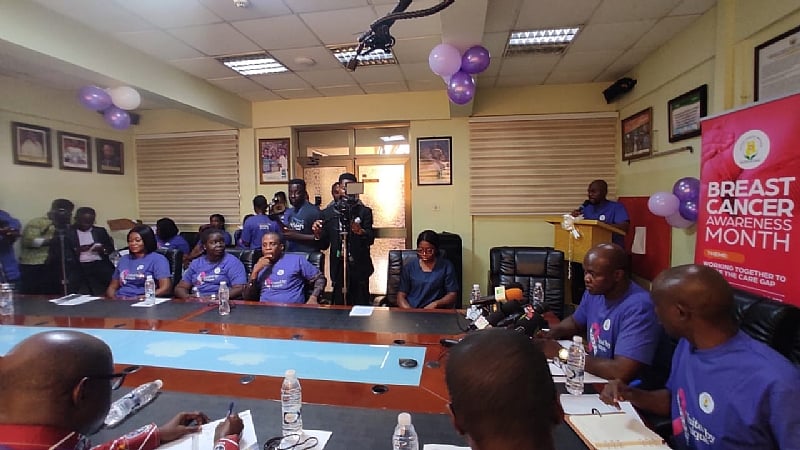The Ghana Health Service (GHS) reported a deeply concerning cancer burden in 2022, with 17,944 deaths attributed to the disease and an estimated 27,385 new cases diagnosed. These figures highlight the growing threat of cancer within the country and underscore the urgent need for enhanced preventative measures, early detection programs, and improved access to treatment. The GHS, recognizing the gravity of the situation, has ramped up its campaign focusing on prevalent male cancers, namely prostate and liver cancer, which exhibited alarming mortality rates. Liver cancer, in particular, posed a dire threat with a 90% mortality rate, claiming 2,390 lives out of 2,656 cases. Prostate cancer also presented a significant challenge with a 52% mortality rate, resulting in 1,233 deaths out of 2,395 cases. These statistics paint a stark picture of the devastating impact of these cancers on individuals and communities.
The disproportionate burden of cancer on low- and middle-income countries like Ghana is a critical concern. Limited access to essential services, including screening, diagnostics, and treatment, exacerbates the challenges posed by the disease. With over 70% of cancer deaths occurring in these resource-














